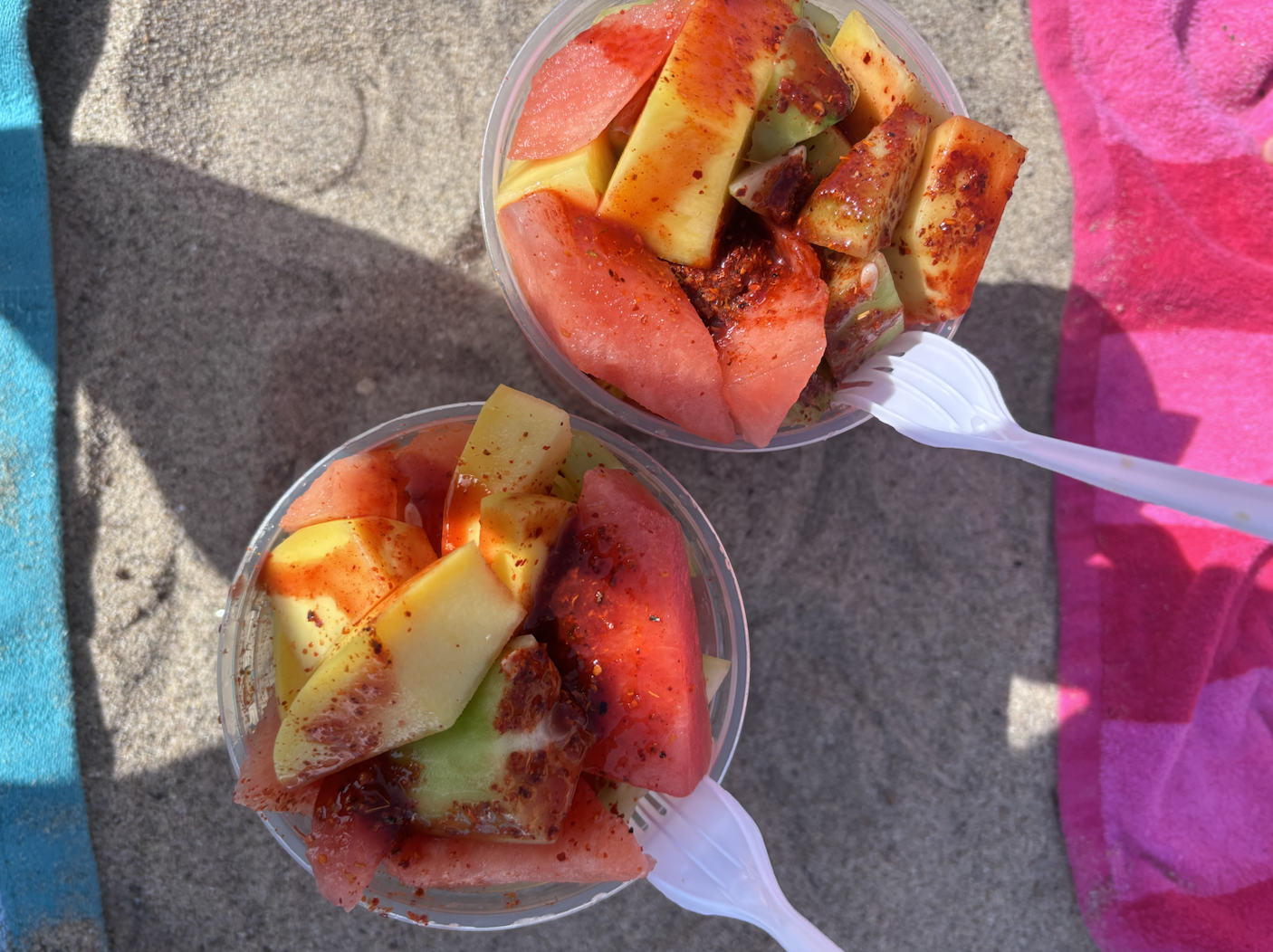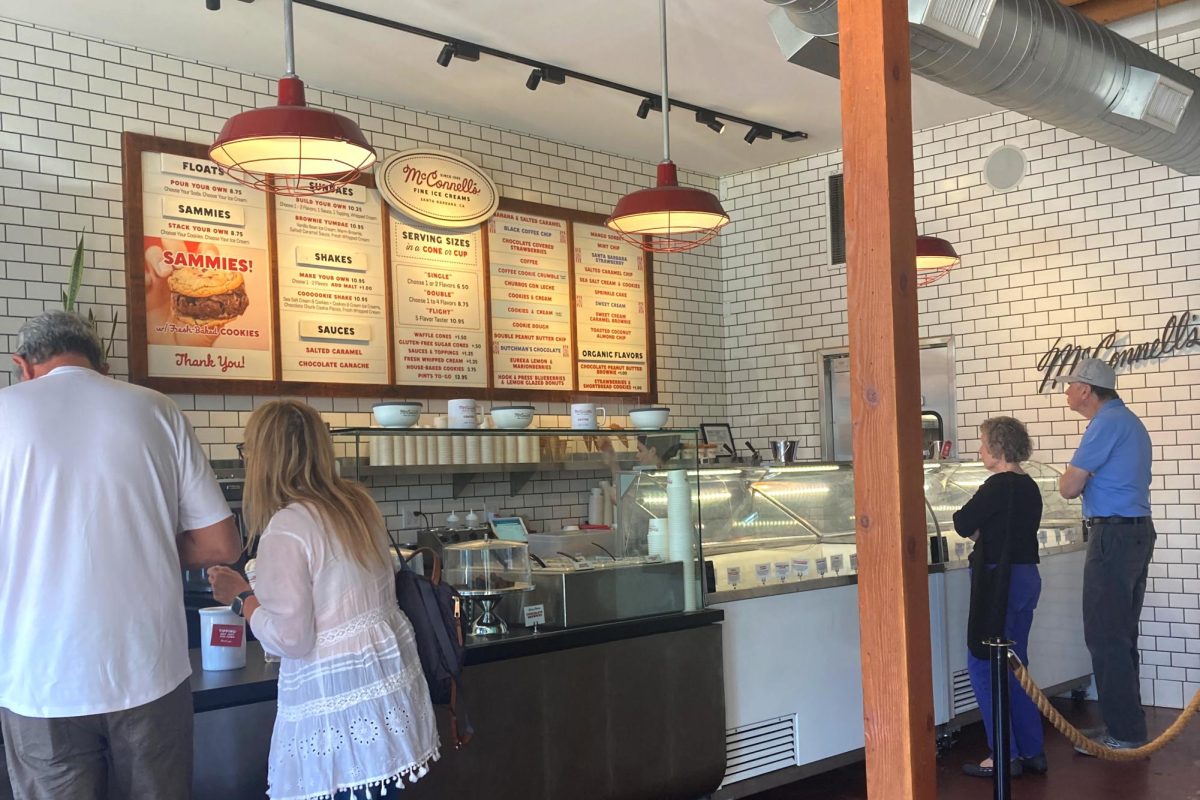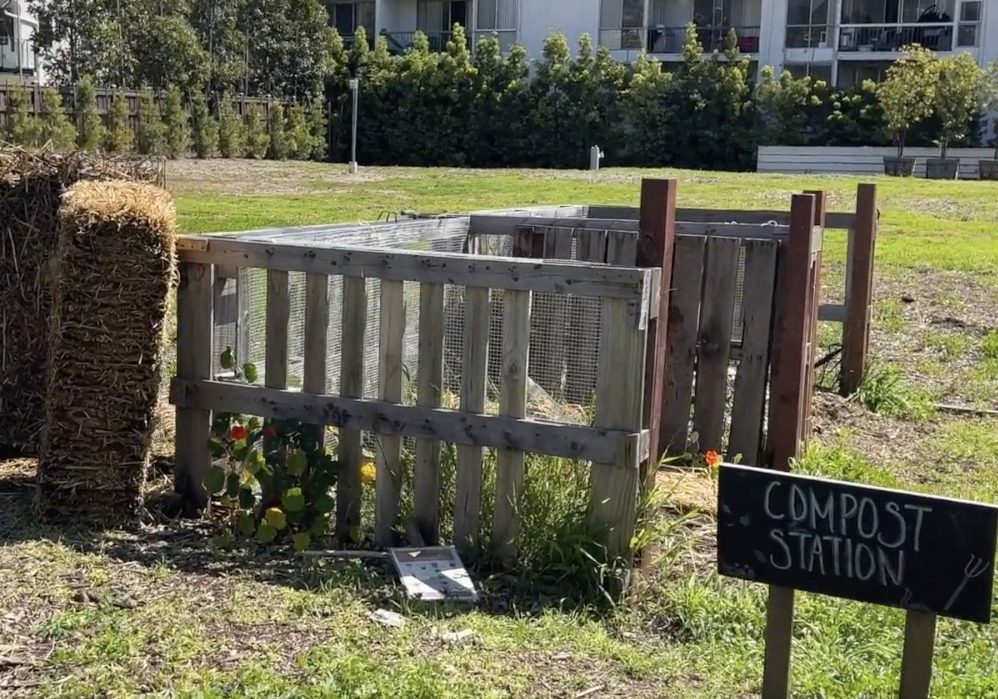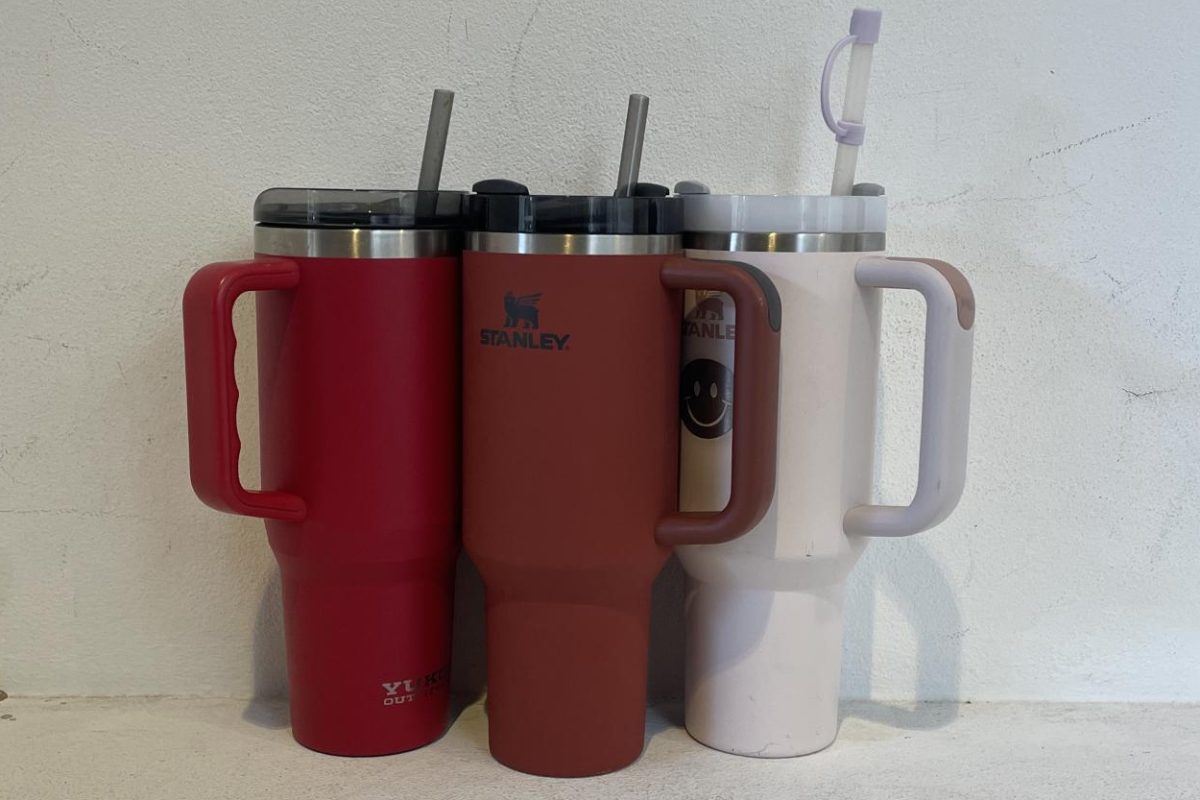Los Angeles is a city made up of rainbows. The city is physically constructed by colors — arrays of multicolored buildings line the streets, from towering silver stacked office spaces to candlelit red-curtained Italian restaurants to stubby blue and yellow beach shacks. In more ways than one, the county has become a microcosm of the globe — geographically, L.A. hosts sunny beaches to the west, deep valleys up north and snowy, tree-topped mountains to the east.
Driving through the city’s ethnic neighborhoods, all the countries of the world flash by in a rainbow of rich cultures. In winter, downtown L.A.’s Chinatown displays glowing paper lanterns with the promise of Chinese New Year, while in June, Hollywood Boulevard bursts with vibrant flags for the annual pride parade. One of the most authentic year-round staples of the Angeleno lifestyle is the rainbow umbrellas that shade the refrigerator-sized fruit carts lining the streets of almost every district of the city.
L.A.’s sweltering summer days are incomplete without the frenzy of rainbow umbrellas, crinkly plastic gloves and glass window displays of brightly colored fruits. This fruity street food tradition has thrived on year-round imports from California’s produce farms for decades.
A few months ago, when the weather app failed to predict a now-blistering sun, my body walked itself across the Brentwood streets to the regularly parked cart in front of the gas station.
“¡Hola señor! ¿Como esta?” (Hello sir! How are you?)
He quietly responded — as a food service worker in Brentwood, he was only expecting the simple money-for-food exchange. Feeling grateful, I asked his name and origin country, and he (Miguel) soon recognized me as one of the aspiring Spanish-learning high school students. As he chopped fruit with effortless skill and speed, he opened up about his life in El Salvador, his children and the traditions he brought to the U.S., while I, in turn, shared my family’s Hispanic culture and the similarities between the two; there may have been some discussion about our crazy aunts.
These vibrant street food carts serve as the sole income for many immigrant families in Los Angeles. Although their small business endeavors have been a tradition for decades, the legal challenges these entrepreneurs faced, including unattainable standards for food selling, preparing and equipment, were not resolved until recently. Former California Governor Gavin Newsom signed Senate Bill 972 Sept. 26, 2022, updating food cart standards and health codes to allow for more vending permits — beforehand, even cutting fruit on-site was illegal.
“Cuanto cuesta?” (How much does it cost?)
“Siete.” (Seven.)
I handed Miguel a few dollar bills, while he sent back a plastic-wrapped cup of ice-cold fruits, napkin in hand. I couldn’t even wait to grab the coins he fished out for change: I went straight for the golden pineapple resting on top, doused in sour lime juice.
Now, some immigrants have figured out the L.A. way, raising their fruit cup prices into the higher range of $12-15 (but nowhere near Erewhon’s $20 strawberries.) A good deal, in my opinion, is around $6-8.
I’ve had enough family debates about the hierarchy of delectable sweetness in those cups: The pineapple has always been my favorite, but the hydrating, subtly sweet watermelon also pairs perfectly with tangy lime juice and tajin. L.A. mango is dangerous — 50/50 decides if you bite into a hard, light-colored piece or a smooth, sticky ripe fruit. So wait for summer, and order melon in colder months instead. I’ve also recently discovered the juicy sliced oranges option, which provides a good contrast to the crunchy jicama.
But everything — the fresh quality, friendly Latine business owner and classic rainbow umbrella — is the same no matter where you go, from the sidelines of AYSO games at the San Fernando Valley’s parks to Olympic Boulevard’s Ace Hardware parking lot. But even among non-franchised spots, you’ll enter a whole new world.
Once, in Van Nuys, my dad and I spotted a canopy covering smoking griddles next to a couple of plastic tables, all owned by immigrant Edwin Marinero. Despite the slight language barrier, I managed to learn about his recent move from a beautiful estate in El Salvador and his U.S. business endeavors: this Sunday cooking gig and a full-time construction waste disposal job. Bonding over our large Hispanic families and love for food, my dad and him became good friends, hosting cookouts with each others’ relatives.
Street food, in its essence, provides a delicious connection to the diverse population of L.A. So the next time you are walking the sweltering streets of Los Angeles and come upon a fresh fruit stand or smoky kebab stop, I challenge you to spend that seven dollars and strike up a conversation with the owner. The hardworking business owners, from many places around the world, all have a story to tell, if you ask.





















Nicole Williams • May 4, 2024 at 1:58 pm
Great writing, Lucy! Makes me want to run for one right now…and brush up on my espanol! xx
Gabby Kaplan • Apr 30, 2024 at 2:35 pm
Amazing piece Lucy! I loved reading this